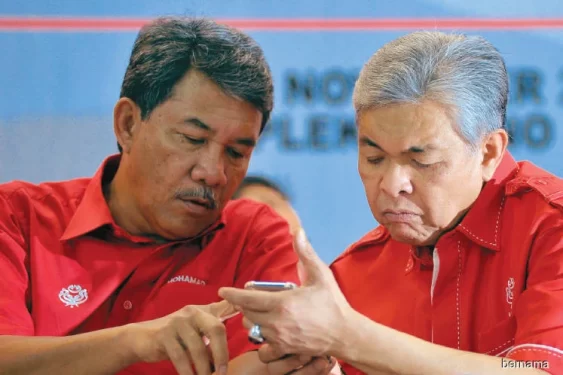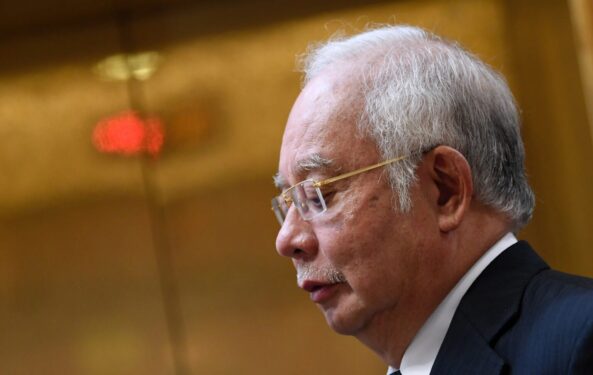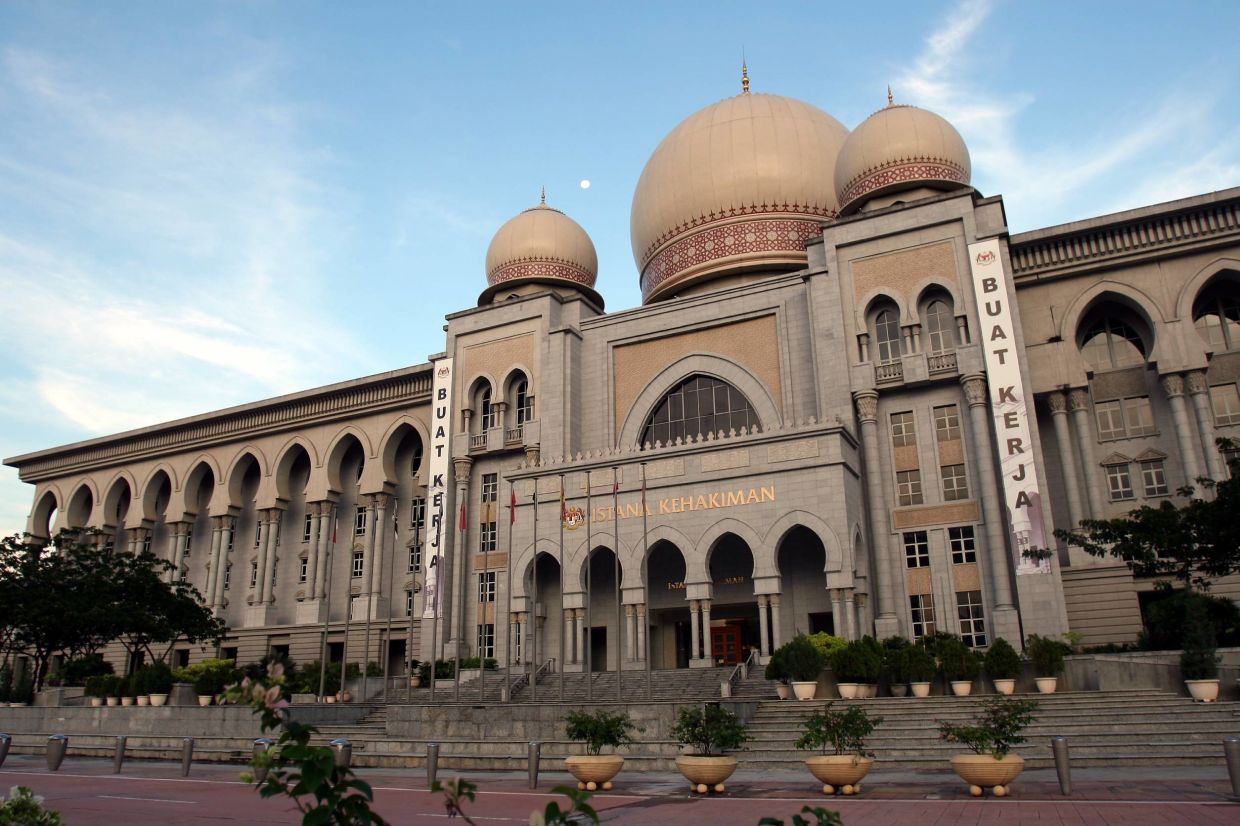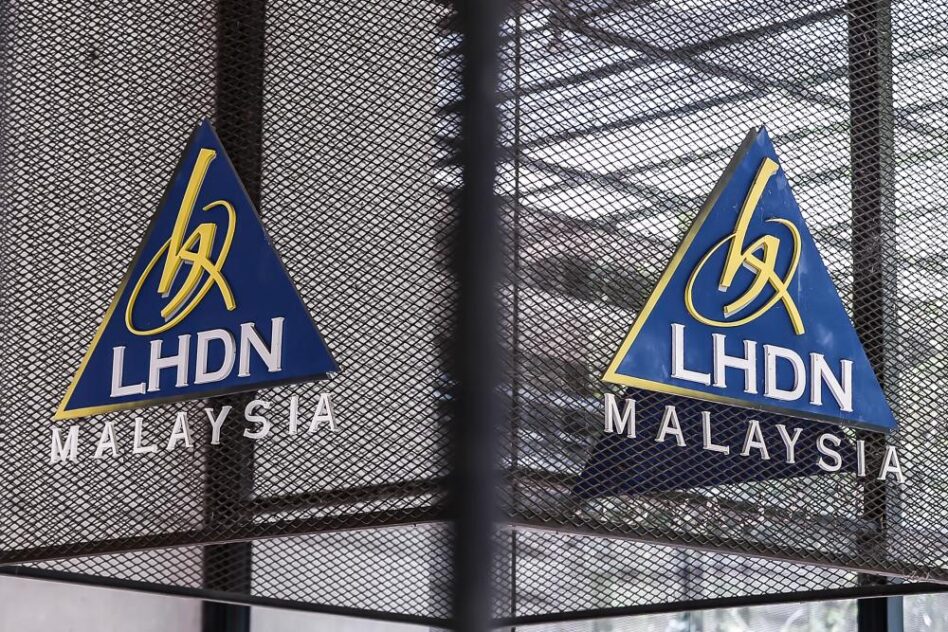THE Malaysian Bar is deeply perturbed by the statements made by UMNO president Datuk Seri Dr Ahmad Zahid Hamidi and his deputy, Datuk Mohamad Hasan, alleging that the Federal Court’s decision to deny former prime minister Datuk Seri Najib Abdul Razak’s motion to adduce additional evidence in the case of Dato’ Sri Mohd Najib Bin Hj Abd Razak v Public Prosecutor erodes judicial integrity.
It is for obvious reasons that politicians should not be trying to win in the court of public opinion by issuing statements without understanding the application of law and the concept of relevance vis-à-vis the subject matter of a case. This sort of behaviour is tantamount to an attack on the independence of the judiciary and the rule of law.
It is pertinent to note that the exercise of judicial authority is a fundamental aspect of the judiciary under our constitutional structure. This allows judges to decide on a case-by-case basis the merits of each case presented before them, with cogent reasons for decisions given in the form of grounds of judgement.
Respectfully, while responsible criticism of a decision or judgement is permissible, the Malaysian Bar reiterates that politicians should not be making scurrilous remarks against the judiciary to undermine their authority, which, in turn, may result in the pollution of public opinion against the highest institution that dispenses justice in accordance with the law.
Unjustifiable statements only serve to poison the well-being of judges as they cannot publicly defend themselves.
It is clear that the purpose of such statements is aimed at perpetuating distrust and suspicion amongst the rakyat towards our judiciary.
“Conveniently failed to include”
What Zahid and Mohamad conveniently failed to include in their statements is that the apex court rejected the introduction of additional evidence by Najib’s team based on laws and precedents.

The Federal Court’s decision against the former prime minister’s application to adduce evidence was based entirely on the application of settled law that the stringent test under Section 93 of the Courts of Judicature Act 1964 and the English Court of Appeal case of R v Parks [1961] 3 All ER 633 had not been satisfied.
A crucial element is that the evidence sought to be adduced must not have been available at the trial. It had been noted that such evidence had already been served on Najib during the earlier 1Malaysia Development Berhad (1MDB) trial on Nov 4, 2019, which was a month before the defence’s case in the SRC trial.
This meant that the evidence was already previously made available to him and there was no miscarriage of justice as alleged by Zahid and Mohamad, because the proposed additional evidence was already available to him at trial and could, with some diligence, have been previously discovered or obtained.
The Federal Court also found that the role of Justice Datuk Mohd Nazlan Mohd Ghazali, the former High Court Judge who had convicted and sentenced Najib in his earlier trial, had no discrete or undisclosed interest in SRC International’s establishment to render him biased.
His former employment with Maybank would not have had any bearing on Najib’s charge of abuse of power. There is no evidence or causal link that his former professional association with Maybank gave him any particular knowledge to sustain the factual and legal findings made against Najib on the issue of abuse of power.
Allegations of bribery withdrawn
The Malaysian Bar notes that Najib had also formally withdrawn allegations of bribery against Justice Nazlan in his affidavit in relation to the same application this month when he averred: “For the record, I categorically withdraw any interpretation of what I said which may be taken to mean that Justice Nazlan was investigated for possible bribery.”

In our view, the Malaysian Bar has been vindicated in its action of organising the Walk for Judicial Independence against the intimidation of the judiciary, and we say this because it all started from allegations made against Justice Nazlan on this very issue.
Obviously, the withdrawal of this allegation reflects the flippant and irresponsible manner it was made – without proper basis and wholly unsubstantiated – thereby leading to the irresistible conclusion that there was no truth to the matter, and any investigation was unwarranted.
Najib’s legal team had also raised allegations of bias by Justice Nazlan. In the Court of Appeal case of Murugayah v Public Prosecutor [2004] 2 MLJ 545, it was held that an affidavit in support of a motion to adduce fresh evidence must state exactly what it is the witness sought to be called is prepared to say if they are called to give additional evidence.
The court found that Najib’s affidavit had failed to state exactly what the evidence will prove in relation to the charges against him. It is a call on the court to investigate a possible bias rather than to act on any reliable or relevant evidence that can establish any real danger of bias.
Based on the reasoned and considered judgement of the court, the Malaysian Bar firmly believes that we should respect the decision that their ladyships and lordships have arrived at. It is not the place for politicians to sow discord amongst the rakyat by releasing statements that could potentially tarnish the reputation of the judicial system in the eyes of the public.
Judges, once appointed to office, have assumed a position to treat every person – whether they are an average member of the public or a former prime minister – in the same and equal manner.
As judges cannot defend themselves, they may be subject to persecution from those who disagree with their views. In any event, public criticism of judges by politicians is untenable as it subliminally erodes the trust of the rakyat towards the institution mandated to dispense justice and uphold the rule of law.
Judges are beholden to no one but the law – not to politicians or any form of external interference – and criticisms by politicians towards judges for their own purposes are unconscionable and must be avoided at all costs. – Aug 20, 2022
Karen Cheah Yee Lynn is president of the Malaysian Bar.
The views expressed are solely of the author and do not necessarily reflect those of Focus Malaysia.
Main photo credit: The Star









